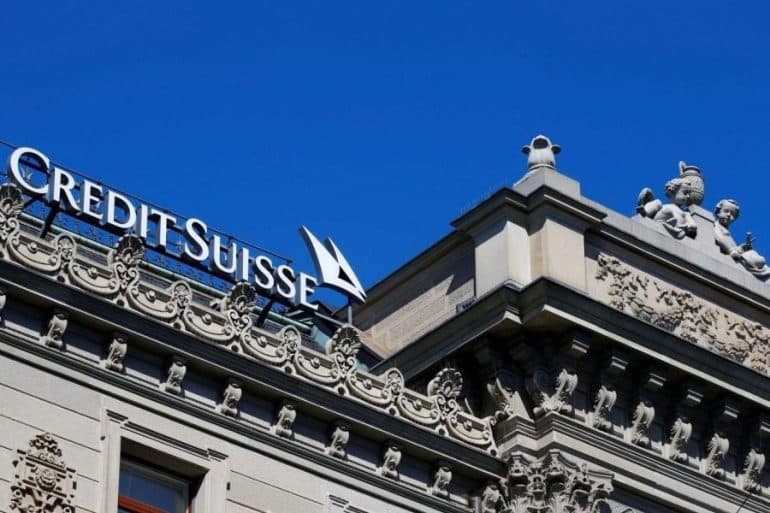It wasn't even six months ago that Saudi Arabia's National Bank paid $1,5 billion to acquire 9,9% of Credit Suisse. That stake is now worth about $215 million after the takeover deal from UBS.
And while the Saudis certainly cannot be blamed for Credit Suisse's series of scandals and mistakes, it may be their own mistakes that have led Swiss authorities to push for a deal.
National Bank of Saudi Arabia Chairman Ammar Al Khudiary went on Bloomberg TV on Wednesday and was asked if he would increase its stake. "The answer is absolutely no, for many reasons beyond the simplest reason, which is regulatory and institutional," he said.
The major shareholders
Investors panicked, sending Credit Suisse shares down 24%, even though his comments were fairly consistent with what the bank had said in October. At the time, it said it had no current plans to move beyond its 9,9% stake, although it added that "any future investment would be assessed individually at that time, carefully considering the merits of such an investment based on economic impact, capital treatment and long-term shareholder value creation'.
The National Bank of Saudi Arabia also made it clear that it was not interested in expanding internationally, so Credit Suisse's investment was an "economic opportunity" with potential benefits in serving its own wealthy clients with Credit Suisse products and services.
The Saudis are not the only Middle Eastern investor to suffer a big loss.
Qatar Investment Authority has a 6,8% stake in Credit Suisse, the sixth largest holding in its portfolio. The Olayan Group, based in Liechtenstein but founded by a major Saudi businessman, is the number three shareholder.
Another major shareholder is Norges Bank Investment Management, Norway's sovereign wealth fund.
Source: in.gr
